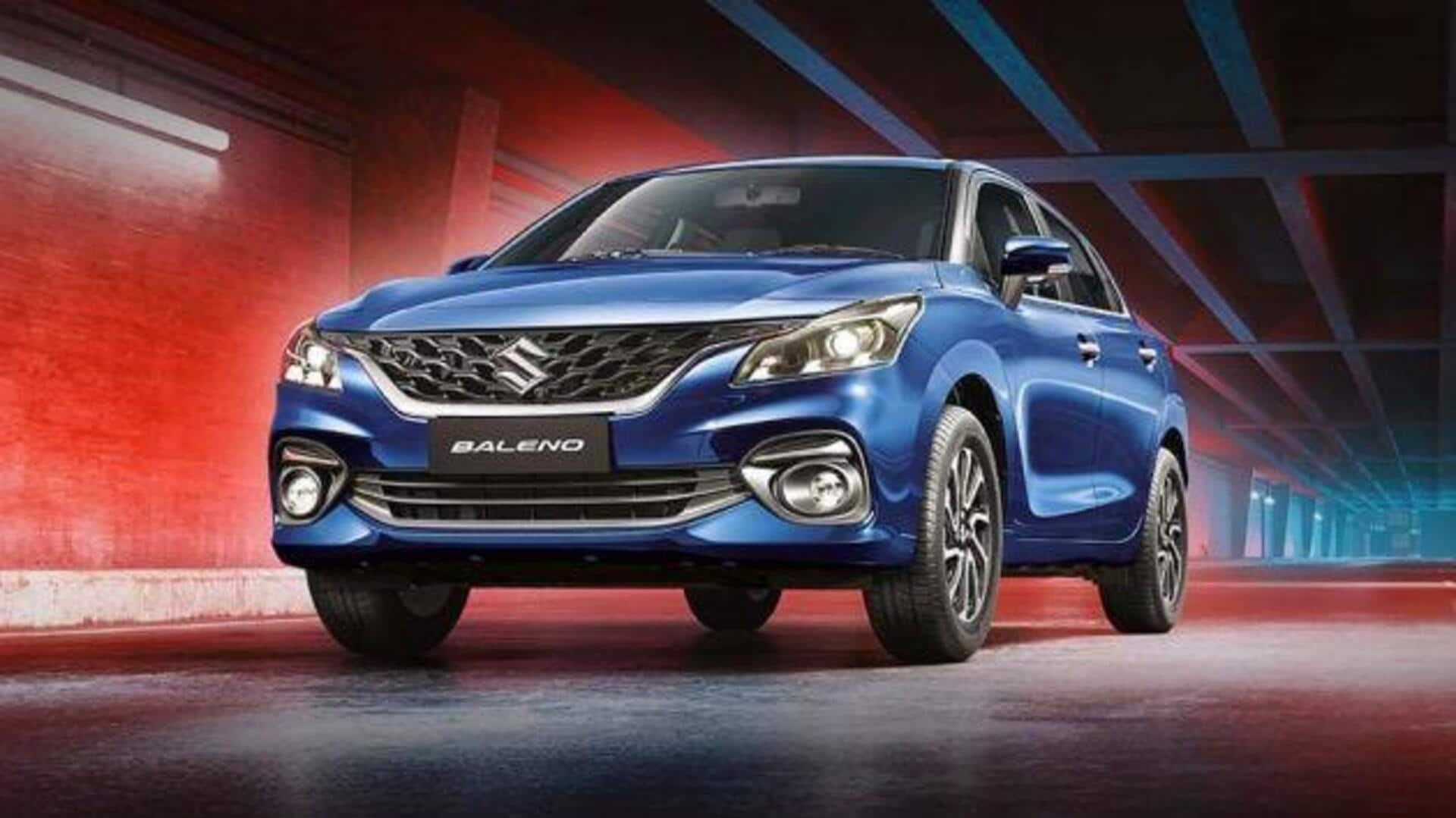
Maruti Suzuki to develop cost-effective hybrid technology for compact cars
What's the story
Maruti Suzuki, a leading car manufacturer in India, has announced its intention to develop cost-effective hybrid technology for compact cars.
Despite dominating the Indian automotive market, the company has yet to launch its electric vehicles.
Recent statements indicate a shift toward self-charging and plug-in hybrid options, aiming to provide affordable solutions for budget-conscious consumers.
Currently, Maruti Suzuki offers hybrid powertrains here through models like the Grand Vitara and Invicto, via a strategic partnership with Toyota.
Cost concerns
Concerns over high cost of Toyota's hybrid powertrains
Maruti Suzuki's Chairman, RC Bhargava, has expressed concerns about the high cost of Toyota's hybrid powertrains, potentially leading to increased prices for consumers.
Bhargava revealed that Suzuki Japan is committed to creating affordable hybrid solutions specifically designed for smaller cars.
The goal is to offer top-tier mileage at a more reasonable price point.
However, a considerable hurdle in achieving affordable hybrid cars in India, lies in the country's taxation policies.
Taxation challenge
Hybrid vehicles are subject to a 43% GST
At present, hybrid vehicles are subject to a hefty 43% Goods and Services Tax (GST), which is much higher than the 5% for electric vehicles, and 48% for petrol cars.
Bhargava emphasized that pricing will be intrinsic in determining the success of hybrid vehicles in India.
The GST Council's decision on taxation will play a pivotal role in shaping the future of electrification in the automotive industry.
Electrification plan
Hybrid lineup may include Swift, Baleno, and WagonR
Models such as the Swift, Fronx, Baleno, and WagonR are potential candidates for Maruti Suzuki's hybrid lineup.
Hisashi Takeuchi, Managing Director & CEO of Maruti Suzuki, expressed enthusiasm about plug-in hybrid cars for the Indian market.
He views Plug-in Hybrid Electric Vehicles (PHEVs) as an exciting prospect, and believes the company should explore their potential.
The firm aims to electrify 40% of its portfolio by FY 2030-2031, underlining its commitment to sustainable mobility solutions.